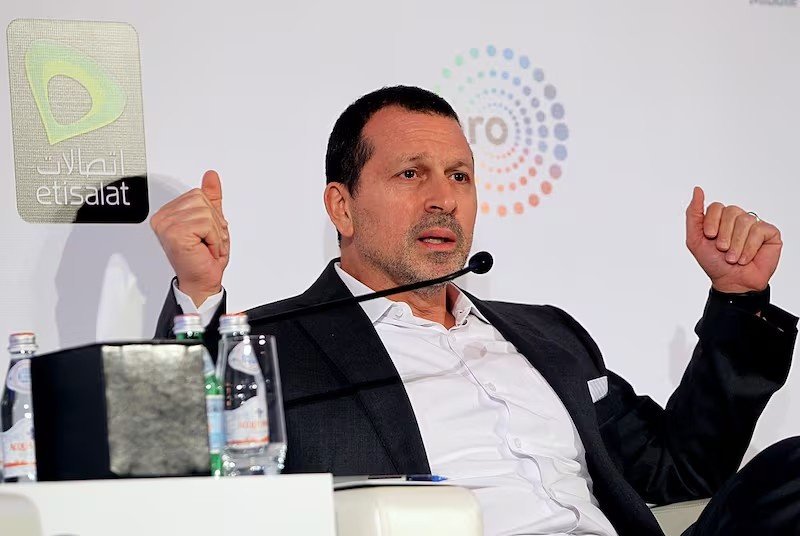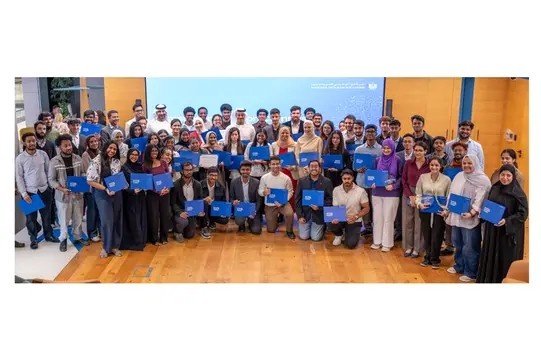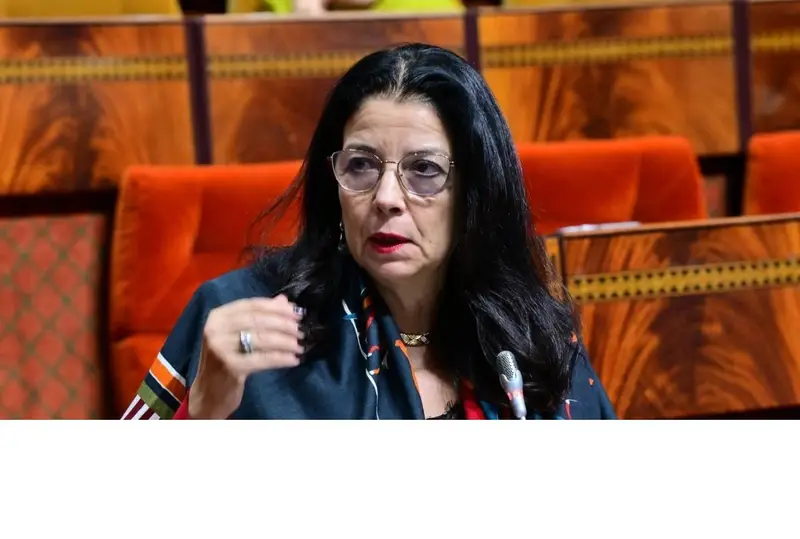Lebanon’s Minister of the Displaced and Minister of State for Technology and Artificial Intelligence, Kamal Shehadi, has outlined a $50 million strategy to kickstart the country’s digital transformation. He believes this budget is sufficient to modernize key government services and restore public trust in a state struggling with outdated systems.
In an interview with The National, Shehadi emphasized that the funds will be used to implement a national digital ID, digitize payments, and establish the necessary legal and technical infrastructure for AI. “With a budget of $30 to $50 million over the next two years, I can transform the way the government does business and deals with its citizens in a more accountable, transparent, and seamless way,” he said.
Shehadi, appointed to Prime Minister Nawaf Salam’s new government, holds a dual portfolio, overseeing both the Ministry of the Displaced and the newly established AI and technology portfolio. Describing his role as balancing Lebanon’s war-torn past with the promise of a digital future, Shehadi aspires to position Lebanon as a platform for innovation. Rather than competing directly with regional powerhouses like the UAE and Saudi Arabia, Shehadi aims to integrate Lebanon’s strategy into the broader plans of its Gulf neighbors.
He believes Lebanon’s strength lies in its human capital, its diaspora, and its culture of problem-solving. Key sectors such as healthcare, higher education, and the creative industries are seen as areas of immediate opportunity, leveraging Lebanon’s existing advantages.
Drawing from his experience with UAE telecom giant e&, Shehadi hopes to apply lessons from the Gulf’s digital success to Lebanon, taking a more targeted and incremental approach given Lebanon’s unique political and economic context. “We are fortunate in a way that we’re coming to this game a bit late so we can learn from what others have done,” he added.
In terms of AI strategy, Shehadi is in talks with Gulf partners, European stakeholders, and global institutions like the World Bank. While Lebanon’s diaspora in tech across the US, Gulf, and Europe will play a critical role, Shehadi believes the focus should be on creating a country worth investing in. “It’s not about bringing them back; it’s about giving them a country they can be proud of,” he said.
Lebanon’s ongoing economic collapse, which began in 2019, has left the country in severe distress, with the currency losing over 90% of its value and poverty levels more than tripling. Shehadi attributes much of this crisis to outdated government systems and the lack of digital infrastructure. He believes the smart use of data could reduce long-term costs, particularly in areas such as displacement and reconstruction.
To address these challenges, Shehadi plans to build Lebanon’s digital backbone by creating data pools, cleaning them, and labelling the data. AI can then be applied to a wide range of pressing issues, such as delivering social assistance more efficiently and estimating reconstruction costs using geospatial imaging.
In terms of defense, Shehadi referred to Lebanon’s recent conflict with Israel as “the first AI war of the 21st century.” While Lebanon remains committed to controlling weapons within the state, AI’s potential in military defense is a long-term consideration for Shehadi, who stresses the need for ethical oversight.
For AI to thrive in Lebanon, Shehadi advocates for inclusivity, ensuring it is taught at all educational levels. While universities like the American University of Beirut already offer AI courses, he calls for increased collaboration and support to prepare the next generation of Lebanese talent for the future.
Shehadi’s vision for Lebanon is clear: he wants the youth to be proud of their Lebanese identity and to see a future worth investing in. “If we manage to do that, I believe we’ll see the rise of a new generation ready to take us forward,” he concluded.















